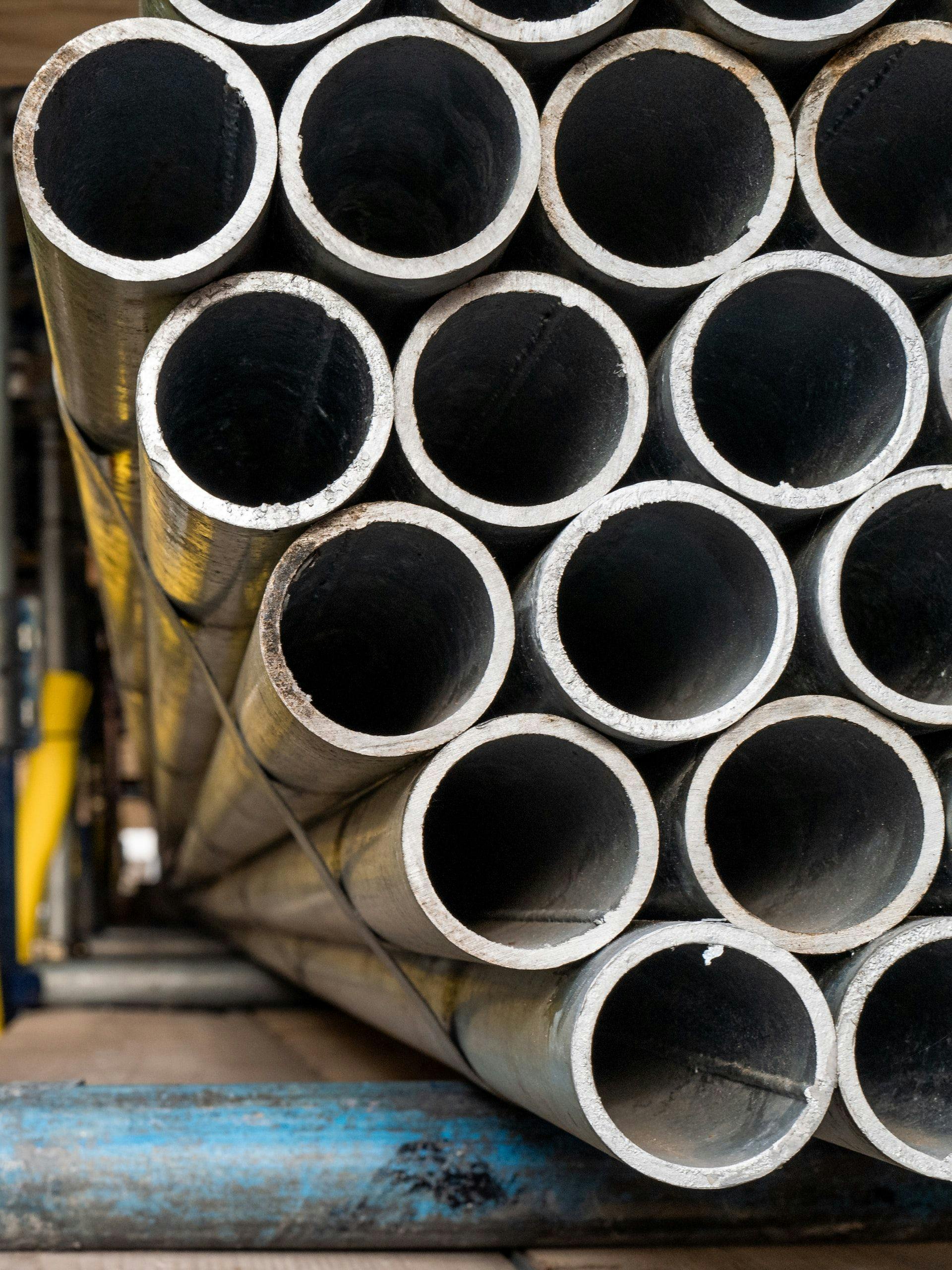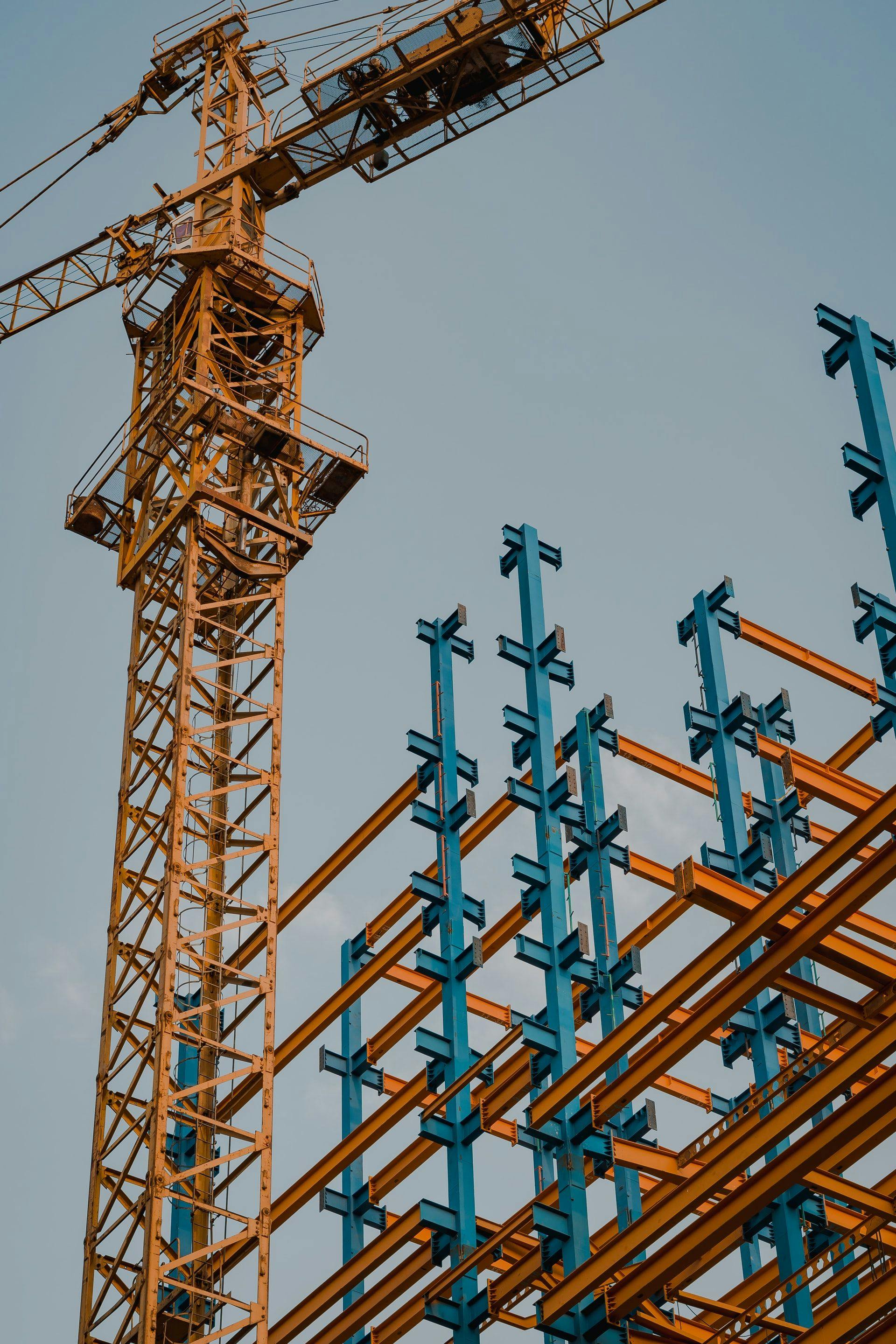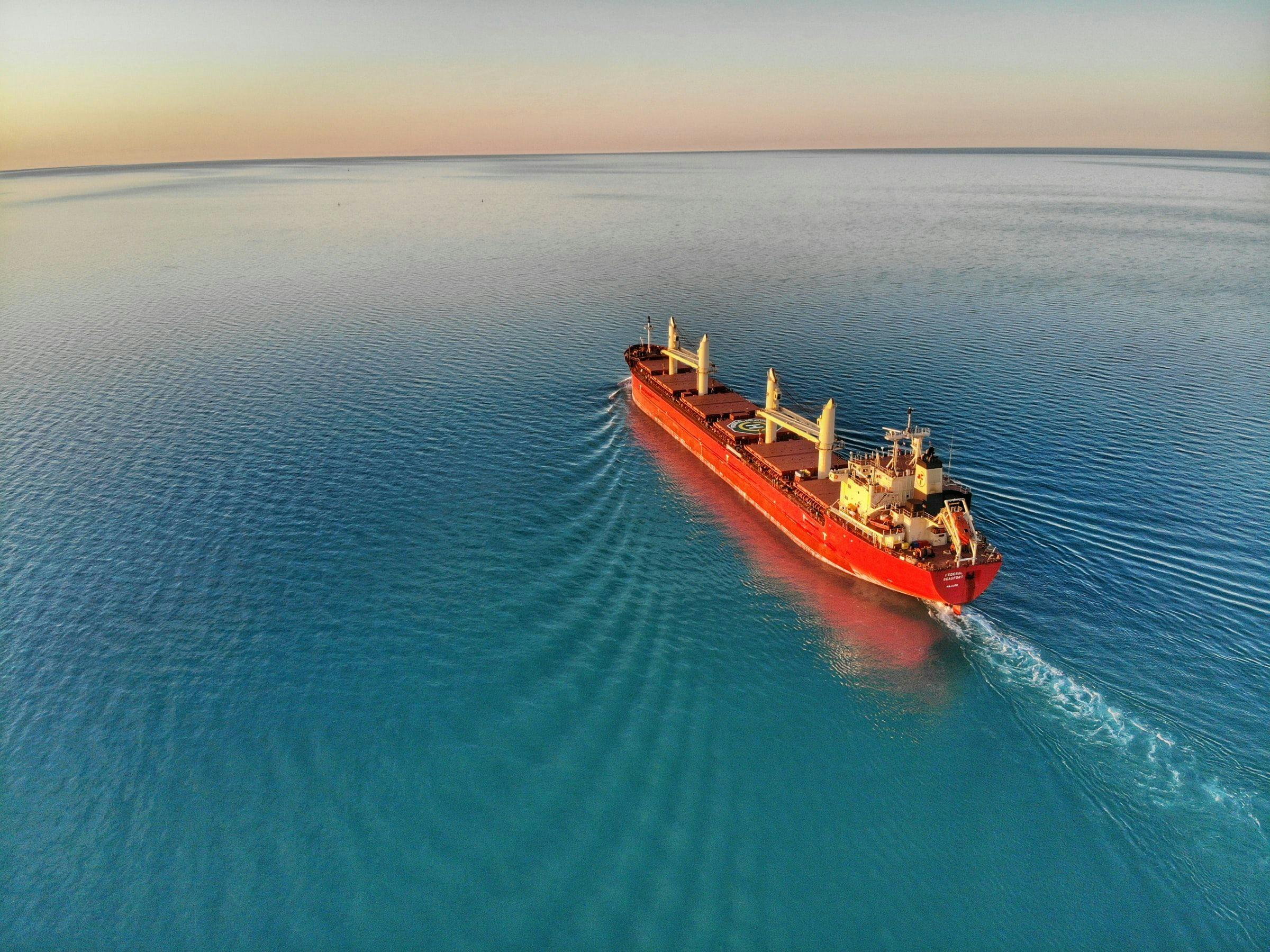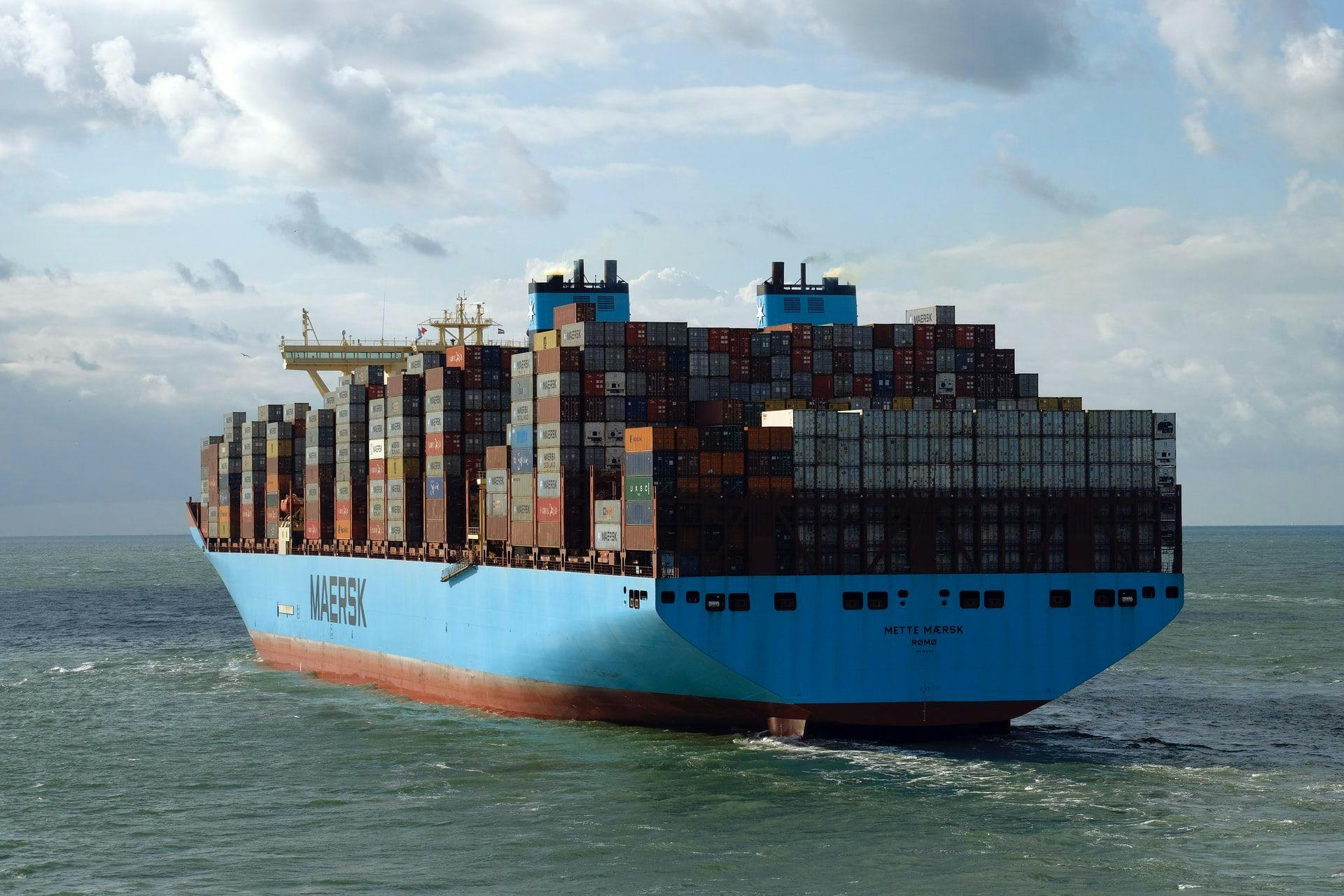Transportation
Challenges
The transport sector is the cornerstone of our economies, organised around the mobility of people and goods. It has now reached a crossroads: it must reinvent itself as it is currently too dependent on fossil fuels and contributes significantly to greenhouse gases and pollutants. For example, in France, transport is responsible for 30% of greenhouse gas emissions (approximately 20% for the world), making it the leading contributor to French emissions.
The climate roadmap of France and the commitments of the international community stemming from the Paris Agreement require a strong and rapid reduction of the carbon footprint generated by transport. Therefore, it is vital to incorporate the stakes of energy and the climate in the corporate strategies of companies operating in the transport sector to prepare for the changes that will occur. Whether such changes will be achieved by regulations, taxation or market forces, those operating in the sector must anticipate these evolutions in order to play a part in them rather than be subject to them. This anticipation permits resilience in the framework of transition, and thus ensure the economic sustainability of mobility.
Our assistance
Carbone 4 assists actors in the sector to draw benefit from energy and ecological transition. Carbone 4’s knowhow allows it to assist all the actors of the sector, guide their reflection and help them to respond to questions such as:
- What is the carbon footprint of my transport solution? How can I benchmark it against the performance of my competitors? How can I reduce it?
- Is the outlook for growth in my sector compatible with the availability of energy resources in the coming decades?
- What form will mobility take in a world with energy limitations? How will my client segments be affected?
- How can the carbon criterion be taken into account in transport infrastructure planning right from the design phase? Does operation take into account adaptation to climatic changes?
Our experts
Contact us
Contact us about any question you have about Carbone 4, or for a request for specific assistance.




























































